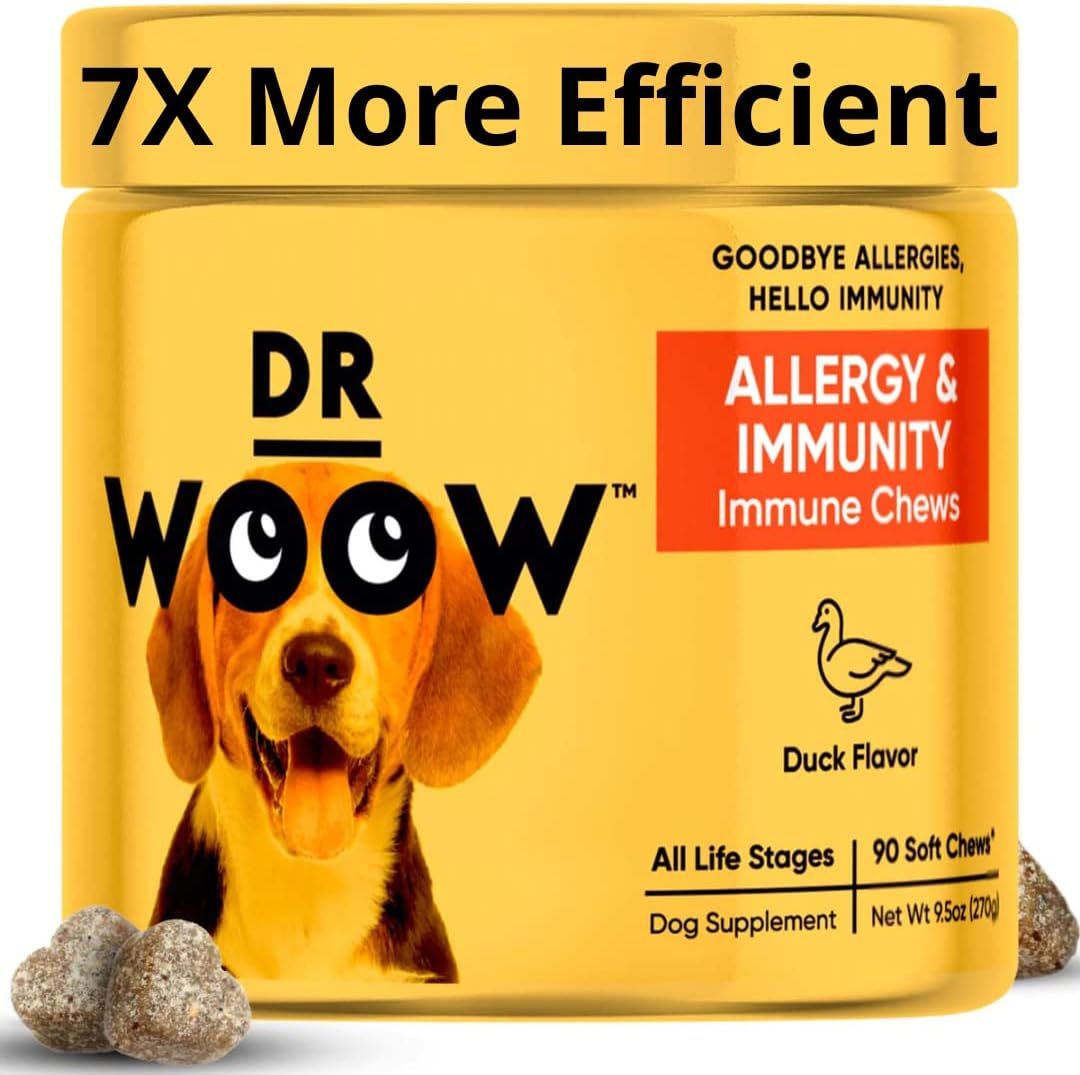Discover the best dog food options for dogs with allergies and learn how to spot the signs of food sensitivities in your furry friend. Read on for more information.

Dogs with allergies can be a real challenge to care for, especially when it comes to their diet. Allergies can be caused by a variety of factors, including genetics, environmental irritants, and the food they eat. If your dog has a food allergy, it's important to understand what options are available to you in order to provide the best possible nutrition. In this article, we'll explore the various types of dog food for dogs with allergies and how to spot the signs of food sensitivities in your furry friend.
There are several different types of food allergies that dogs can suffer from, including protein, grain, and ingredient allergies. A protein allergy occurs when the dog is allergic to a specific type of protein, such as beef, chicken, or fish. Grain allergies, on the other hand, occur when the dog is allergic to a specific type of grain, such as corn or wheat. Finally, ingredient allergies occur when the dog is allergic to a specific ingredient, such as soy or dairy.
To determine if your dog has a food allergy, it's important to keep a close eye on their symptoms. Common symptoms of food allergies in dogs include itching, scratching, hot spots, and skin rashes. In some cases, dogs may also experience digestive issues, such as vomiting or diarrhea. If you suspect that your dog has a food allergy, it's important to consult with your veterinarian, who can perform a food elimination trial to determine the cause of the allergy.
Once you have determined what type of food allergy your dog has, it's time to find a suitable dog food. There are several options available, including hypoallergenic dog food, limited ingredient dog food, and prescription dog food. Hypoallergenic dog food is designed to be free of common allergens, such as soy, corn, wheat, and dairy. Limited ingredient dog food, on the other hand, contains a smaller number of ingredients, making it easier to identify the cause of the allergy. Finally, prescription dog food is formulated by veterinarians and is specifically designed for dogs with food sensitivities.
When shopping for dog food for your furry friend, it's important to read the label carefully. Look for dog food that is made with high-quality, easily digestible proteins, such as lamb, duck, or fish. Avoid dog food that contains fillers, such as corn, wheat, and soy, as these are common allergens. Additionally, look for dog food that is fortified with vitamins and minerals, such as vitamins A, C, and E, and calcium, to ensure that your dog is getting all the nutrients they need to stay healthy.
In addition to choosing the right dog food, it's also important to feed your dog a balanced diet that includes both dry and wet food. Wet food is a great option for dogs with allergies, as it is easily digestible and contains a high amount of moisture, which is important for hydration. Dry food, on the other hand, is a convenient option for busy pet owners and can be a great way to help keep your dog's teeth clean.
In conclusion, dogs with allergies can be a real challenge to care for, but with the right dog food and a balanced diet, you can help keep your furry friend healthy and happy. When shopping for dog food, look for options that are free of common allergens, such as soy, corn, wheat, and dairy, and that are made with high-quality, easily